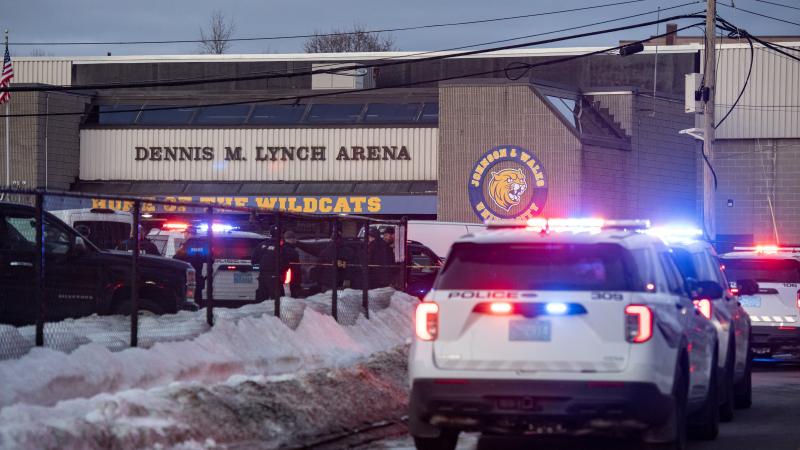Federal appeals court hears challenge to Illinois gun and magazine bans
While the defense said the banned firearms are dangerous and unusual, plaintiffs argued that’s not the case.
Whether Illinois' gun and magazine bans are constitutional is now up to a federal appeals court.
The consolidated cases challenging state and local gun and magazine bans in Illinois were heard Thursday by a three-judge panel of the Seventh Circuit U.S. Court of Appeals.
Defendants asked the court to affirm the Northern District Court upholding the bans while reversing a Southern District Court injunction against the law.
Using U.S. Supreme Court precedent from an opinion released last year, plaintiffs argue the gun ban violates the Second Amendment plain text and there’s no history or tradition of governments banning commonly owned firearms like AR-15s and magazines over 10 rounds for rifles and 15 rounds for handguns.
Illinois Deputy Solicitor General Sarah Hunger argued Thursday that the bans on semi-automatic firearms are constitutional.
“Assault weapons are virtually identical weapons to M-16s but for one thing, which is that M-16s can use automatic fire instead of semi-automatic fire and sure that is a distinction but it is not one that is constitutionally determinative,” Hunger said.
While the defense said the banned firearms are dangerous and unusual, plaintiffs argued that’s not the case.
Judge Frank Easterbrook asked plaintiffs’ attorney Thomas Maag why bazookas can’t be considered arms.
“In your view, is the stinger missile protected by the Second Amendment,” Easterbrook asked.
“Probably not because it would be dangerous and unusual,” Maag said.
“Unusual compared to what,” Easterbrook asked.
“Compared to anything,” Maag said. “Even in the military, they don’t issue manned portable air defense systems like a stinger missile to the average infantryman.”
Part of the state law requires individuals who own any of the banned firearms before the law was enacted on Jan. 10, 2023, to register them with Illinois State Police by Jan. 1, 2024, or face criminal penalties. It could be months before a ruling is issued. Whatever the decision, it’s expected the case will go to the U.S. Supreme Court.












